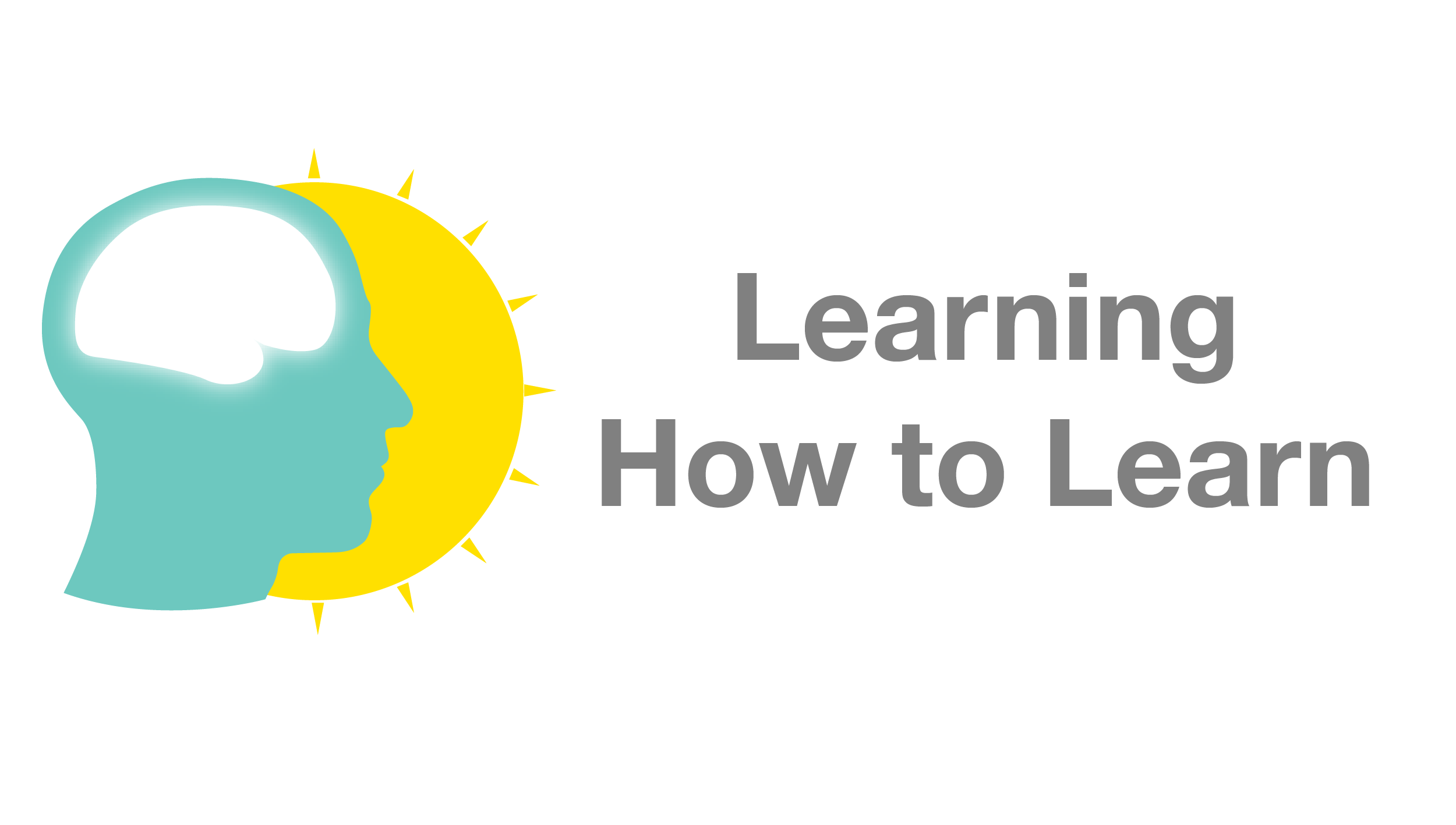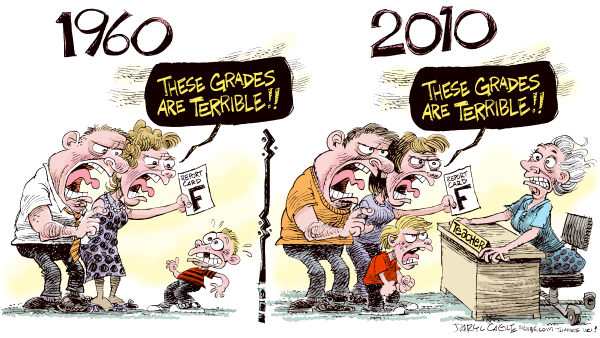The school I've recently joined has been using the Lucy Calkins
Units of Study. The wordiness and overly-scripted plans feel prescriptive rather than guiding, although I acknowledge they are not meant to be so. This has encouraged me to look at how others (such as
Kasey Kiehl) are doing it, and dip in and out of Calkins as needed for my 6th Grade students. Furthermore, my positive experiences with
PBL have encouraged me to have a 'real world' goal at the end, rather than their writing ending up in a rarely-shared portfolio.
So far, the setting up of the workshop has been OK. I talked to them about publishing a book at the end of the year containing the best of their writing, but they have to go through a panel to be accepted; only their best work will do! They were pretty excited at the prospect and turned to their notebooks with great enthusiasm. Problem was, there was a weekend plus
another 3 days until they got to tackle their challenge again. We alternate between writing workshop and literature circles, so seeing them every other day means ELA twice or thrice a week maximum.
At the moment, that is my challenge - trying to maintain the pace and interest in writing with such long gaps between. Add to that the reduced contact time with the students because of other (useful) interruptions to the curriculum, and it feels like it's taking a long time to really get into that all-important
flow.
I could - as my predecessors did - do writing every time we meet, but the admitted result was a marginalisation of reading. And let's face it - whatever curriculum you follow, ELA is not
just about reading and writing, especially these days with ever-expanding definitions of
reading,
writing, media and
communication in general.
Anyway, it'll be time to re-assess at the end of the quarter which is far closer than I'd like to think given how little I feel we've done, but I guess I need to remember it's quality not quantity, and for sure we've established some important norms. These norms are centered around building an environment of trust among peers, so we can support each other on our writerly journey.
I'm optimistic the pace will pick up as the year continues, and I am very much looking forward to seeing how my Grade 6 students grow in their writing. I guess patience has never been a strong suit of mine, and never moreso than when I'm excited to see the fruits of our labour!
Update October 2015: A follow-up to this post can be read here.














